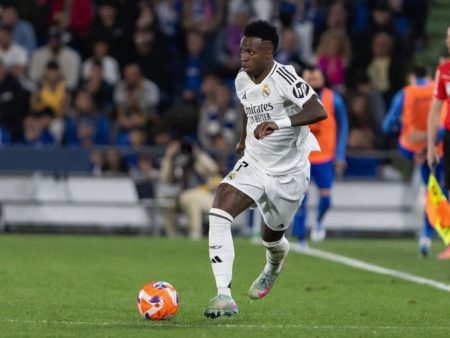Thomas Tuchel’s Impact and Challenges as Chelsea Manager
Thomas Tuchel arrived at Chelsea with a reputation for tactical innovation, having achieved impressive results with Borussia Dortmund and Paris Saint-Germain. At Stamford Bridge, he quickly made his mark by tightening the defense, leading Chelsea to a Champions League triumph and securing a top-four finish in his very first season. While these accomplishments positioned him among the club’s most influential managers in recent history, Tuchel’s tenure was characterized by both remarkable strengths and persistent challenges.
Revamping Chelsea’s Tactical Structure
Upon taking over, Tuchel made the bold decision to change Chelsea’s tactical formation. Initially using a back-three system largely to counter Wolves, he soon committed to the 3-4-2-1 shape as Chelsea’s core structure. This approach offered defensive solidity and allowed for tactical flexibility through subtle tweaks, sometimes morphing into a 3-4-1-2 with Mason Mount as a central playmaker behind two fluid attackers.
This reliance on attacking midfielders in advanced positions brought questions about the traditional striker role in Tuchel’s setup. Big-name forwards like Romelu Lukaku struggled to adapt, while Kai Havertz found more success operating as a ‘false nine’. When Raheem Sterling joined the squad in hopes of bringing greater attacking threat, the search for fluency in the final third continued.
Defensive Excellence and Midfield Adaptability
Tuchel’s immediate impact was most evident in Chelsea’s defensive transformation. Edouard Mendy emerged as one of the Premier League’s standout goalkeepers, and veterans like Cesar Azpilicueta, Thiago Silva, and Marcos Alonso found renewed form in the back-three setup—a tactical nod to Antonio Conte’s title-winning system several years prior.
In midfield, even without the consistent presence of N’Golo Kante, players such as Mateo Kovacic and Jorginho flourished, displaying improved cohesion and stability. Young talents like Reece James and Mason Mount also elevated their creativity, becoming key contributors in wide and central areas.
However, despite these advances, Chelsea often struggled to penetrate through the center against compact defensive blocks. Most of their attacking success derived from wide play, rapid transitions, and set-pieces, rather than controlled buildup through the middle.
Offensive Limitations and Key Obstacles
The most persistent critique during Tuchel’s reign involved Chelsea’s inability to consistently unlock opposition defenses or generate high-scoring performances. This was particularly apparent against teams employing low blocks, such as Wolves under Bruno Lage, whose disciplined 5-3-2 formation often halted Chelsea’s progress in the attacking third.
Pressing systems, like Jesse Marsch’s Leeds, exposed Chelsea’s vulnerability when trying to play out from the back. The absence of key midfielders, especially during crucial fixtures at the end of Tuchel’s tenure, further hampered the team’s ability to control matches and hurt their consistency.
Attempts to address these issues included deploying Mount as a number ten to facilitate play between the lines, but the team still found difficulty generating clear opportunities for center-forwards. The use of Reece James at center-back, though occasionally necessary to counter fast opposition attackers, often detracted from Chelsea’s dynamism down the flanks.
The End of an Era and Lasting Influence
Despite the tactical hurdles, Tuchel’s commitment to his system fostered a consistent team identity and chemistry. His willingness to get the best out of players, even while facing injuries and squad limitations, kept Chelsea highly competitive in both domestic and European competitions.
However, a series of poor results—culminating in defeats where the attack again faltered—eventually led to his dismissal. The inability to break down stubborn teams or solve offensive inconsistencies ultimately overshadowed his tactical successes.
Tuchel’s Legacy at Chelsea
Thomas Tuchel leaves behind a legacy as one of Chelsea’s most innovative and influential managers. His contributions include:
– Delivering the club’s second Champions League title
– Creating one of the Premier League’s most resilient defensive units
– Revitalizing the careers of both established veterans and emerging stars
While Chelsea fans will remember his era for its defensive brilliance and moments of tactical ingenuity, the ongoing search for a clinical, cohesive attack proved to be the unsolved puzzle of his tenure. There is little doubt, however, that Tuchel’s blueprint will influence future managers at Stamford Bridge and beyond, and his swift return to management will be eagerly anticipated by football observers worldwide.







